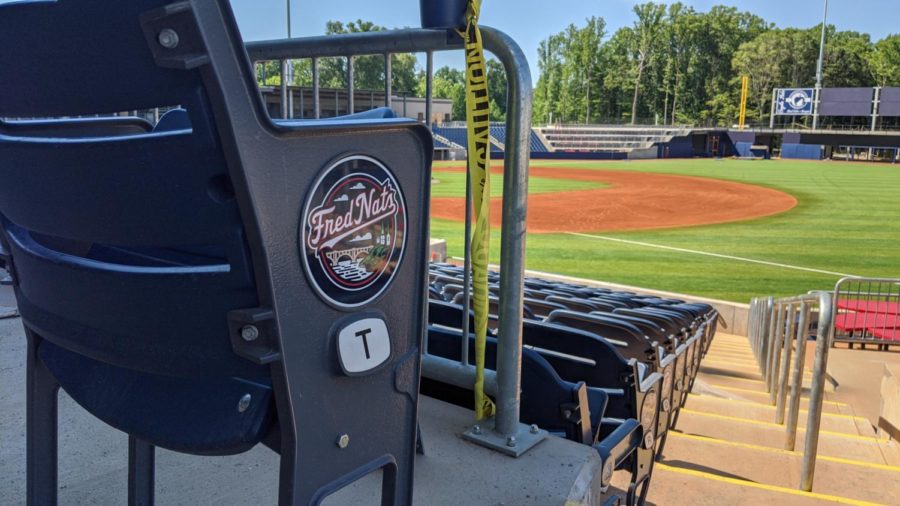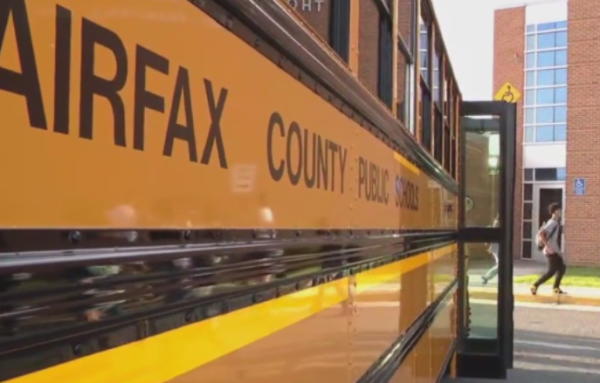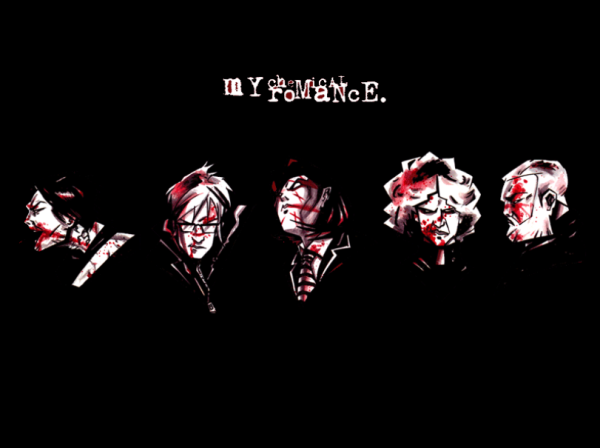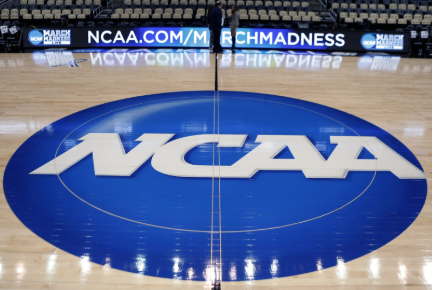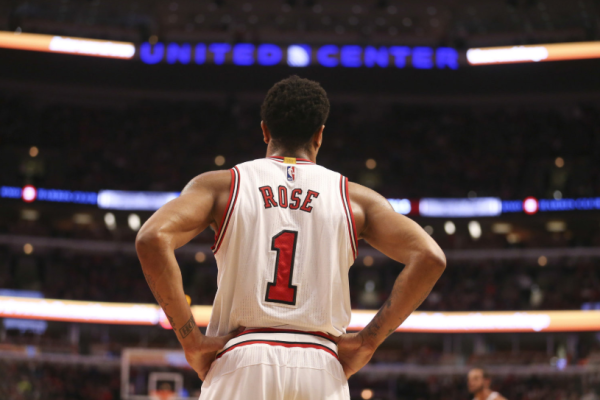Minor League Baseball is dying — How the lower league of America’s pastime was abandoned during COVID
For many Americans, there is no greater feeling than going to the ballpark and enjoying a summer night while watching America’s Pastime. Baseball has captivated generations of Americans and people around the globe. For people living outside of one of the 30 cities and surrounding areas that are home to an MLB team, they must resort to watching Minor League Baseball (MiLB). Make no mistake, a Minor League game is just as much fun as a Major League game. While the overall talent level is lower, there are so many creative and innovative things that are done that make going to games worthwhile. With less capacity, the fans are much closer to the action at a fraction of the cost to attend an MLB game. Additionally, there are more interactions between players and fans. Unfortunately, Covid-19 has devastated businesses, and MiLB is not immune to this loss of revenue.
Understanding MiLB
To understand how these teams have lost so much money and why MiLB is in danger of dying out entirely, it is important to know how the League(s) are structured. MiLB is the overarching league that all affiliates operate. Each MLB team has multiple affiliates. In descending order from closest to the MLB to farthest, Triple-A, Double-A, High-A, Low-A, Rookie Ball, and the Gulf Coast League make up the MiLB. There is a glut of Independence League teams, but that is a lot more complicated.
The MLB teams can make roster moves concerning players moving up and down the ranks, but filling out the rosters outside of prospects is left to the teams themselves who are privately owned, like MLB teams. That means that these teams are responsible for making their own money. The MLB team will not be funding them. For example, the Nationals’ Triple-A team, the Rochester Red Wings, is responsible for paying all necessary payments and running the team. The Nationals can call up players from the Red Wings without warning, but the Red Wings cannot ask for a player from the Nationals, and they will have to call up a player from Double-A to occupy that roster spot.
So these independently owned teams are left to make their own money, and as expected, the pandemic has eliminated fan attendance and with it, ticket revenue. For many teams, there goes the vast majority of their revenue. It is not like the MLB where fans will buy merchandise where the team can benefit from that or reap the rewards of a TV contract. Minor League owners are, many times, regular people. The MiLB team with the highest net worth is the Sacramento River Cats, San Francisco Giants’ Triple-A team, estimated to be worth over $49 million in 2019. Obviously, that number has gone down in the past 18 months, but nonetheless, that is something that can be purchased by someone who is not the prototypical MLB owner, or more of a regular citizen than some other professional owners.
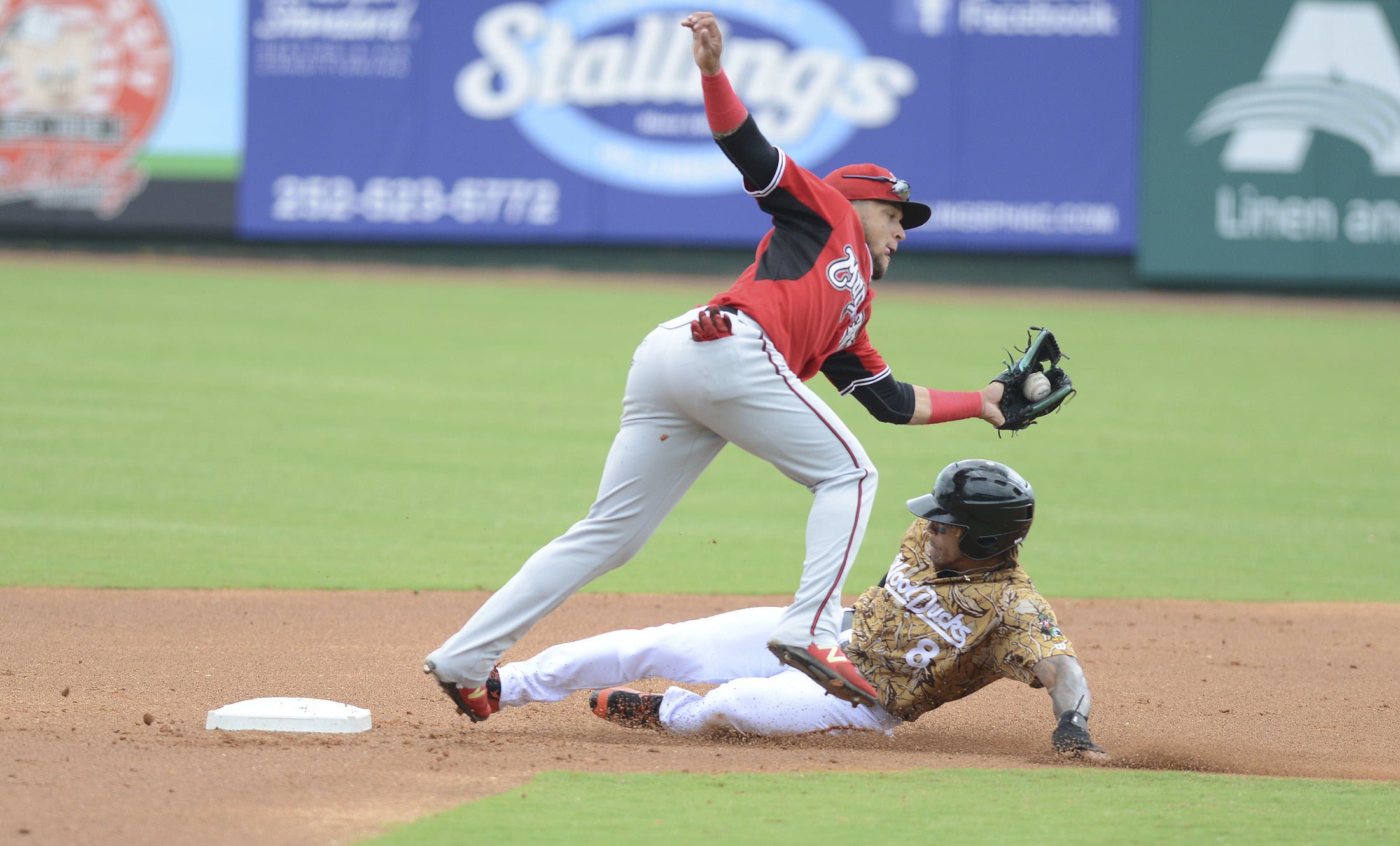
Where issues arise
The problem, though, is not for the Triple-A teams, but for the lower teams, like those at or under Low-A. These teams are vital to the success of an MLB team, but they are not necessarily vital to the day-to-day operations of that team. A team can survive with fewer affiliates. MLB made an executive decision at the beginning of the lockdown that got little attention due to the labor dispute concerning the resumption of the 2020 season. The MLB cut 42 MiLB teams. These teams, especially, the lower level ones are mainstays of cities in the US. For some cities, a MiLB team is their main source of revenue with income taxes and other fees, meaning that cutting affiliations with the team affects more than just the team itself, but the area around the team.
When Rob Manfred and the MLB announced the aforementioned announcement that got little attention, no one had second thoughts about it. It seemed like the logical thing to do in order to save money. In June 2020, Sports Illustrated dropped a bombshell of a report that displayed the results of a survey conducted. The survey along with additional nuggets of information and effects of the decision was released as the cover story of the June 2020 edition of the magazine. Robert Sanchez reports that 35% of all MiLB teams are seriously concerned about their ability to ever recover from the damage done by the pandemic. Many teams were forced to not only close their doors for the season, but furlough many of their employees. After receiving the federal government’s Payment Protection Program (PPP) check, they still were faced with heavy debts.
The loss of money is bad enough, but many teams have not even received any word about the status of their affiliation from their MLB club. For example, the SF Gate published an article in March 2021 that outlined how the San Francisco Giants ghosted their own Single-A affiliate, the Salem-Keizer Volcanoes. The report talks about how the Giants stopped returning phone calls from the team’s front office and how the loss of revenue of a small, locally owned team nestled in the Oregon wilderness, just a stone’s throw away from the infamous Mount Hood. The team is the key component to the town’s revenue stream, and without the team, the town was sent into a tailspin. The team’s CEO, 23-year-old Mickey Walker, decided to create his own league that would be able to bring back revenue. The biggest takeaway for many readers was that the San Francisco Giants, a team that has exemplified success and class over the past two decades, would just stop returning phone calls to their own Minor League team.

The future
All of this makes for a strange, but vital question: where does MiLB go from here? In short, the answer is unclear. Even though the MLB overtook the MiLB, a lot of teams and towns across America will be robbed of baseball. Even before the pandemic, the MLB was looking to cut ties. In December of 2020, 40 cities released their teams, bringing the MLB down to 120 affiliate teams.
Take the Nationals, for example, they have been forced to cut ties with a number of their lower Minor League teams in recent months. That is not to say they wanted to do it, but these Minor League affiliates are merely victims of circumstance. The Nationals are not alone in these actions, as just about every single MLB club has had to bid farewell to a Minor League affiliate. Without a big league team to help with the cash flow, a lot of these former MiLB teams turn to the Independent Leagues or Indy Ball. These are not related in any way to an MLB team and they survive off their own personal budget. There are a plethora of Indy Ball teams, but many of them struggle to survive. During the course of the pandemic, teams have closed their doors and some have even abandoned their own stadiums that would be filled to the brim just 24 months ago.
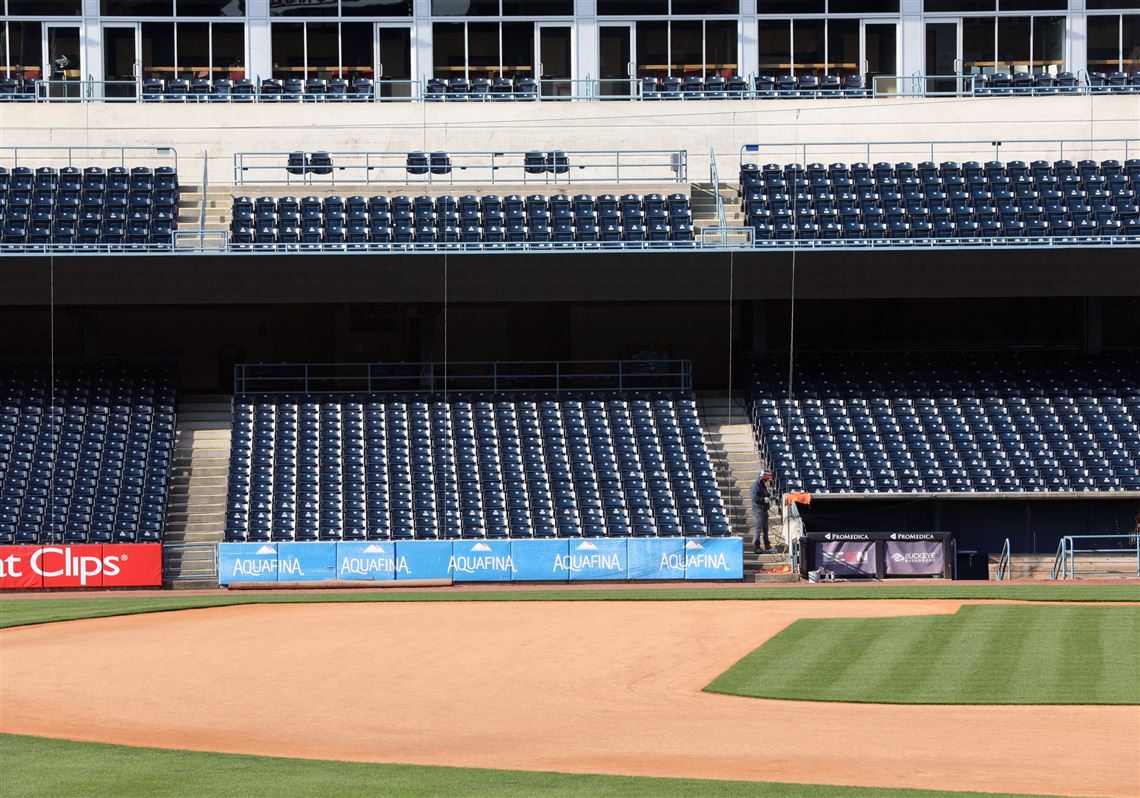
This year, the MLB is planning on conducting a Minor League season, starting June. It is up to the team whether or not to allow fans into games and how many are permitted. This will bring back some revenue, but likely it will not be enough to cover the losses from the previous season, which was canceled entirely. Think of all the promotional items, sponsorship deals, etc that went to waste without the season being played. This year, much of what makes the MiLB so much fun and so beloved by Americans will no longer be prevalent. The weird promotional nights, the strange uniforms, the interactions between players and fans are all gone.
No matter how the situation is approached, Minor League Baseball will never be the same. Teams are finding that they can exist with fewer affiliates and also save money in the process. Cities across the country are reeling from what can best be described as “Baseball Darwinism” at this point. Seemingly it is irrelevant to the MLB how much of an impact these teams have to their communities. Understandably so, as the league itself lost $1 billion in 2020 according to an article by Forbes.
Nonetheless, the minor leagues are bleeding right now, and for some unfortunate teams, the MLB is deciding to pull the plug, regardless of sentimental or revenue value to a city.

Marc is a senior at South Lakes and is the Editor in Chief of The Sentinel. This is his 4th year on staff, and third as an editor. Outside of writing for...








